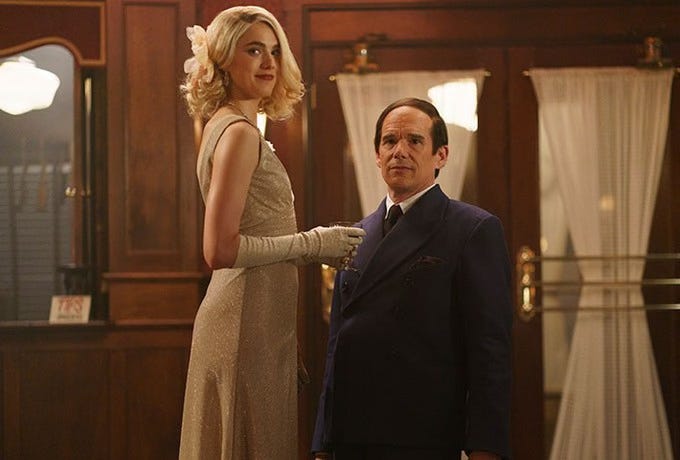Blue Moon
2025
This awards season, director Richard Linklater has two big films coming out that imagine interactions behind the scenes of major artistic watersheds. Opening in a few weeks, he has Nouvelle Vague, about the birth of the French New Wave that began with Jean-Luc Godard’s film, Breathless. The other ‘25 Linklater film is Blue Moon, which focuses on Lorenz …




